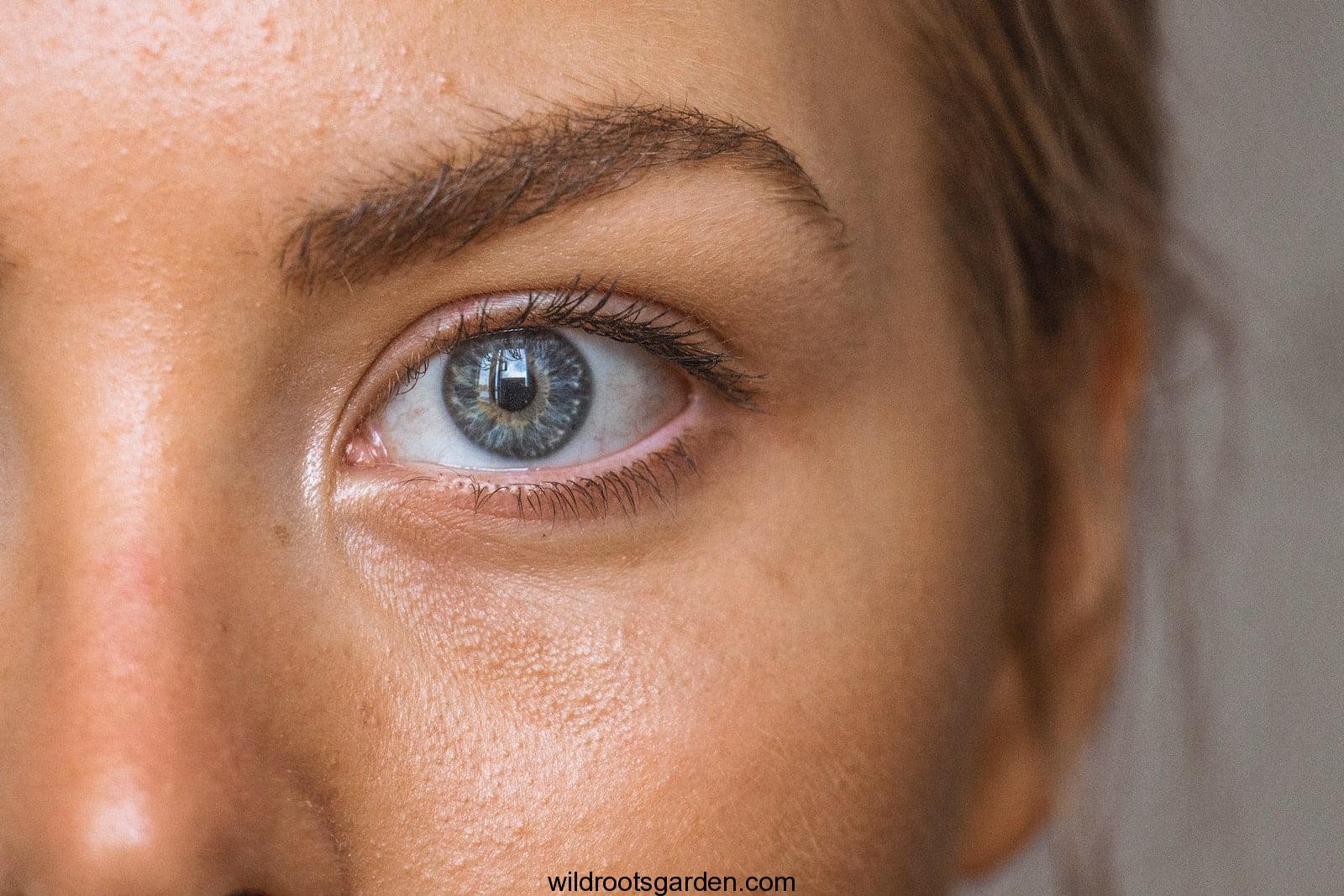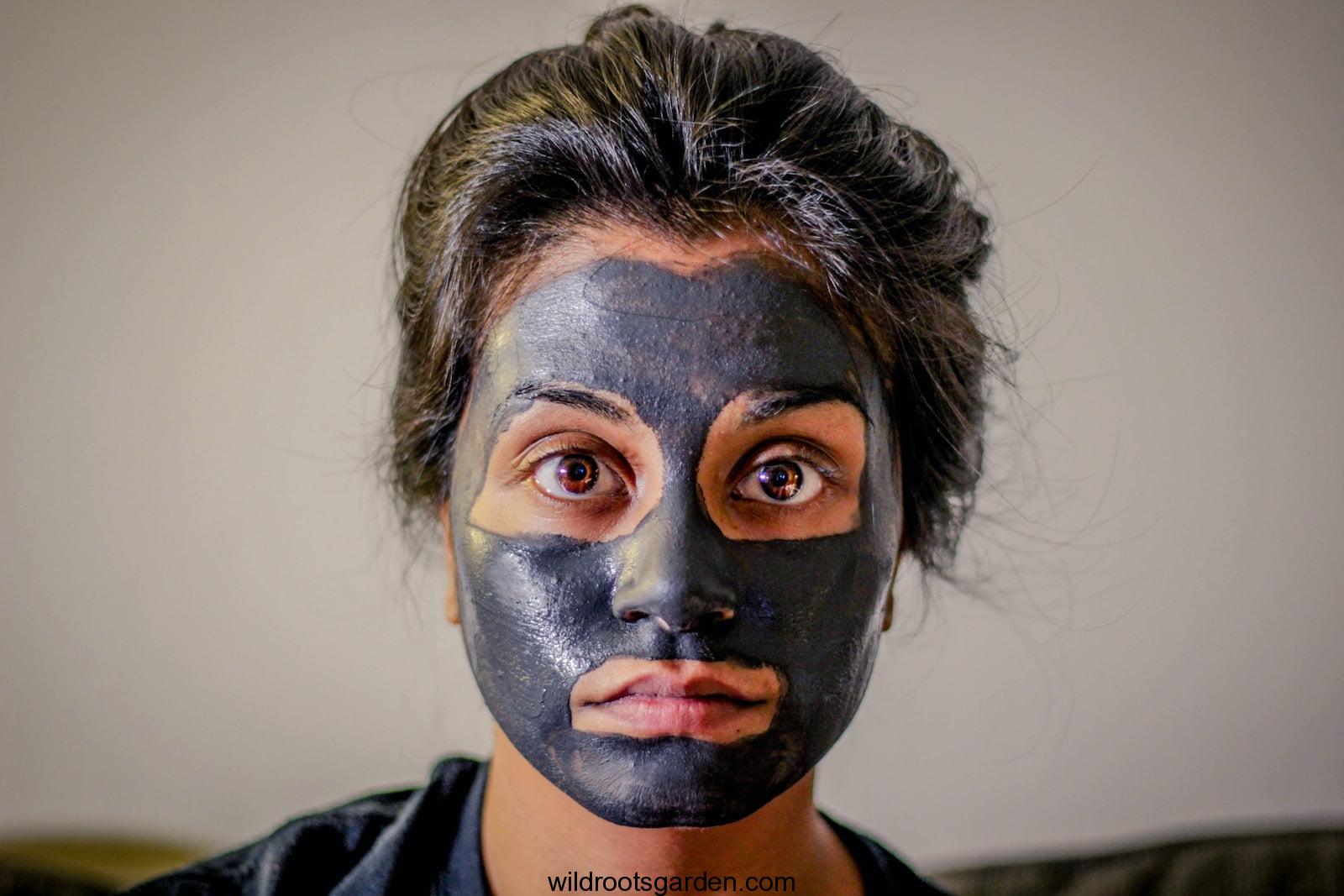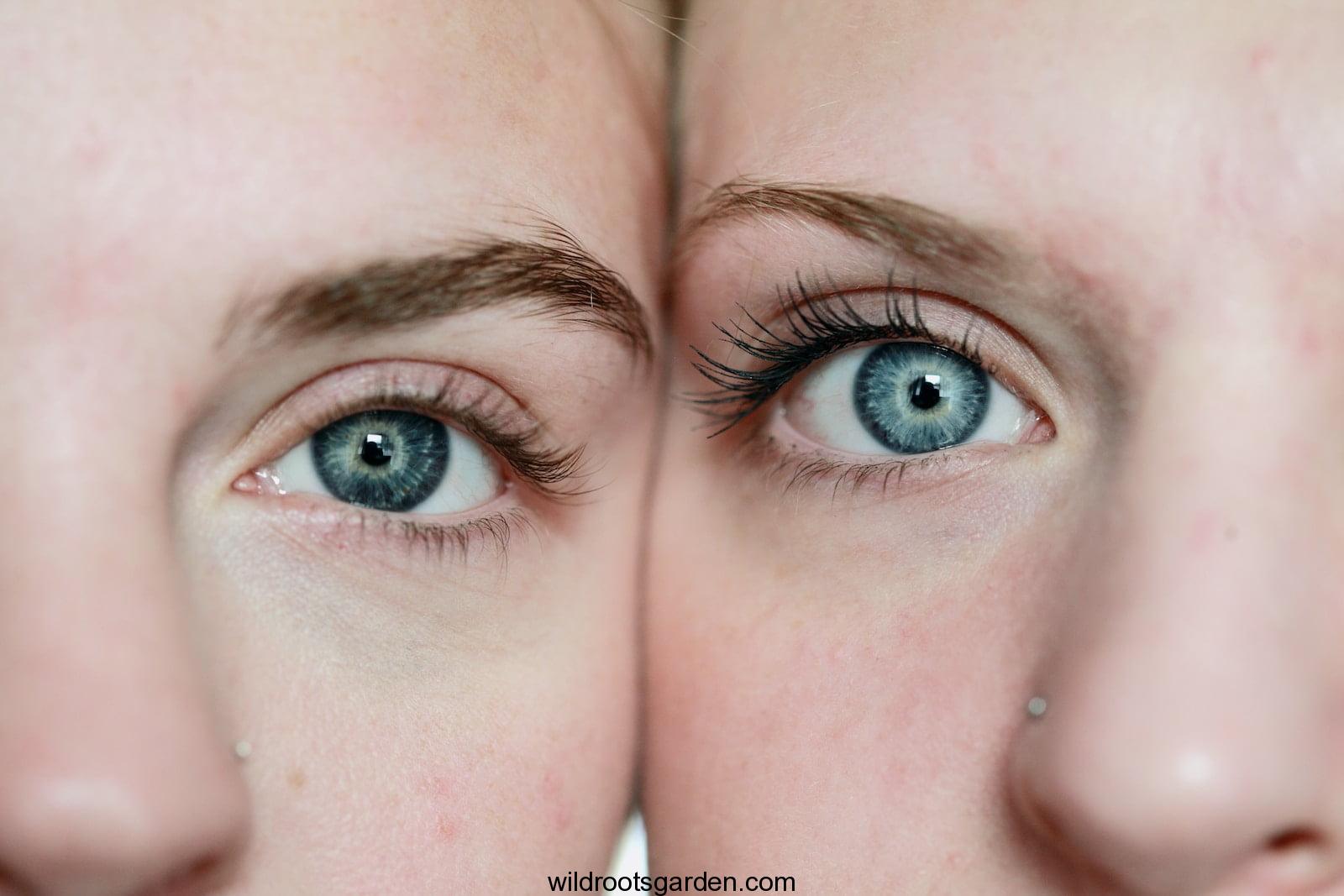Aloe Vera for Oily Skin: Aloe vera can be beneficial for oily skin due to its soothing and moisturizing properties. It has natural astringent properties that can help control excess oil production without stripping the skin of its natural moisture. Aloe vera gel can be applied to the face as a lightweight moisturizer or used as a spot treatment on oily areas. It can help reduce inflammation, calm irritated skin, and provide a matte finish. However, it’s important to note that everyone’s skin is different, and while aloe vera may work well for some individuals with oily skin, it may not be suitable for everyone. It’s always a good idea to do a patch test before using any new product and consult with a dermatologist for personalized advice.

Dealing with oily skin can be difficult because it frequently causes greasiness, acne outbreaks, and enlarged pores. Aloe vera, on the other hand, is a remarkable remedy that nature has given us. With its myriad health and cosmetic benefits, aloe vera has been utilized for generations. We will examine how aloe vera can treat oily skin issues and give you a radiant, balanced complexion in this post.
Aloe Vera for Oily Skin: Understanding Oily Skin
It’s critical to comprehend oily skin and its traits before delving into aloe vera’s advantages. Sebum, a natural oil produced by the sebaceous glands, is overproduced and the result is oily skin. The clogged pores caused by this extra sebum can result in acne, blackheads, and other skin problems. Oily skin is prone to breakouts, often appears glossy, and feels greasy to the touch.

Benefits of Aloe Vera for Oily Skin
The multipurpose plant aloe vera has several skin-friendly properties. Aloe vera’s special qualities enable it to work miracles on greasy skin. Let’s examine a few of the main advantages:
- How Aloe Vera Controls Sebum Production
Aloe vera has the power to control the skin’s production of sebum. It works as a natural astringent to reduce excessive oiliness without removing the skin’s own moisture. Aloe vera helps prevent clogged pores and lessens the onset of acne by balancing sebum production. - Aloe Vera as a Natural Moisturizer
Contrary to popular opinion, skin that produces oil still needs to be hydrated. Aloe vera is a lightweight, non-greasy moisturizer that works wonders for oily skin. It gives the skin the necessary hydration it needs to stay smooth and supple without causing it to become more oily. - Aloe Vera’s Anti-Inflammatory Properties
Oily skin frequently experiences inflammation, which frequently results in redness and irritation. Aloe vera has strong anti-inflammatory qualities that can help relax and soothe the skin. It can lessen the redness and inflammation brought on by acne breakouts, relieving discomfort and accelerating recovery. - Aloe Vera as an Astringent
Natural astringent aloe vera tightens the skin and reduces the visibility of pores. This results in a softer, more refined texture for the skin. For people with oily skin, big pores are a typical problem that can be diminished with regular usage of aloe vera. - Aloe Vera for Acne and Blemishes
Acne is a common problem faced by those with oily skin. Aloe vera possesses antibacterial properties that can effectively combat acne-causing bacteria. It helps reduce the severity of acne breakouts, prevents further infections, and promotes the healing of existing blemishes. - Aloe Vera for Reducing Pore Size
Large pores are often associated with oily skin. Aloe vera helps tighten the skin and constrict the pores, making them appear smaller. With consistent use, aloe vera can help refine the skin’s texture and minimize the visibility of pores. - Aloe Vera for Healing and Soothing the Skin
Oily skin is prone to irritation and sensitivity. Aloe vera is known for its soothing properties and can provide relief to irritated skin. It helps calm redness, reduce itching, and promote overall skin healing.
DIY Aloe Vera for Oily Skin Face Masks
One of the best ways to incorporate aloe vera into your skincare routine is by using homemade face masks. Here are two simple DIY recipes for oily skin:

Aloe Vera and Lemon Face Mask:
Ingredients:
2 tablespoons of fresh aloe vera gel
1 teaspoon of lemon juice
Instructions:
Mix the aloe vera gel and lemon juice in a bowl.
Apply the mixture to your face, avoiding the eye area.
Leave it on for 15 minutes.
Rinse off with lukewarm water and pat dry.
Follow with your regular moisturizer.
Aloe Vera and Honey Face Mask:
Ingredients:
2 tablespoons of fresh aloe vera gel
1 tablespoon of raw honey
Instructions:
Combine the aloe vera gel and honey in a bowl.
Apply the mixture to your face, focusing on areas with excess oil.
Leave it on for 20 minutes.
Rinse off with cool water and gently pat dry.
Follow with a light moisturizer.
How to Use Aloe Vera for Oily Skin
To incorporate aloe vera into your daily skincare routine, follow these steps:
Start with clean skin. Gently cleanse your face using a mild cleanser suitable for oily skin.
Extract fresh aloe vera gel from an aloe vera leaf or use a trusted aloe vera gel product.
Apply a thin layer of aloe vera gel to your face and neck, focusing on areas prone to oiliness and breakouts.
Gently massage the gel into your skin using upward circular motions until it gets absorbed.
Allow the aloe vera to dry for a few minutes before proceeding with your regular moisturizer or sunscreen.
Repeat this process twice a day, preferably in the morning and evening, for best results.
Side Effects and Precautions
While aloe vera is generally safe for most individuals, it’s essential to be aware of potential side effects and take necessary precautions. Some people may experience allergic reactions to aloe vera, such as itching, redness, or a rash. It is advisable to perform a patch test before applying aloe vera to your entire face.
If you have any known allergies or skin conditions, consult with a dermatologist before incorporating aloe vera into your skincare routine. Additionally, avoid using aloe vera on open wounds or deep cuts, as it may cause further irritation.

Tips for Choosing and Storing Aloe Vera Gel
When selecting aloe vera gel for your skincare needs, keep the following tips in mind:
Opt for pure, organic aloe vera gel without any added fragrances or colorants. This ensures you are getting the most natural and beneficial form of aloe vera.
Check the ingredient list and ensure that aloe vera is listed as one of the primary ingredients. Avoid products that contain a minimal amount of aloe vera or have added fillers.
Store aloe vera gel in a cool and dry place, away from direct sunlight. This helps preserve its potency and extends its shelf life.
Conclusion
A potent natural treatment for oily skin is aloe vera. It is the best option for people who struggle with oily or acne-prone skin due to its capacity to decrease sebum production, hydrate without feeling greasy, soothe inflammation, tighten pores, and promote healing. You may attain a healthy and nourished complexion by including aloe vera in your skincare regimen.
FAQs (Frequently Asked Questions)
Can aloe vera gel be used as a daily moisturizer for oily skin?
Yes, aloe vera gel can be used as a daily moisturizer for oily skin. Its lightweight texture hydrates the skin without adding excess oiliness.
Can aloe vera help with acne scars?
Aloe vera contains calming and healing qualities that might eventually lessen the visibility of acne scars. To achieve observable results, though, it might take prolonged, continuous use.
Is it safe to leave aloe vera gel on the face overnight?
Leaving aloe vera gel on the face overnight is generally safe and can provide additional hydration and nourishment to the skin. However, if you experience any discomfort or irritation, it is best to wash it off and discontinue overnight use.
Can aloe vera gel be used as a makeup primer for oily skin?
Yes, aloe vera gel can be used as a natural makeup primer for oily skin. Its mattifying properties help create a smooth canvas for makeup application and can extend the longevity of your makeup.
Can aloe vera gel be used on other skin types apart from oily skin?
Absolutely! Aloe vera gel is suitable for all skin types. It provides hydration, soothes irritation, and promotes skin health, making it beneficial for dry, sensitive, and combination skin as well.
